Associate Professor, Dr. Le Xuan Canh, former Director of the Institute of Ecology and Biological Resources (Vietnam Academy of Science and Technology), Vietnam Association for Conservation of Nature and Environment is one of Vietnam's leading scientists in the field of ecology and biodiversity conservation. His name is associated with hundreds of research projects on forest ecosystems, rare flora and fauna, and most importantly, modern scientific thinking in environmental assessment, a key factor in balancing economic development and nature conservation.
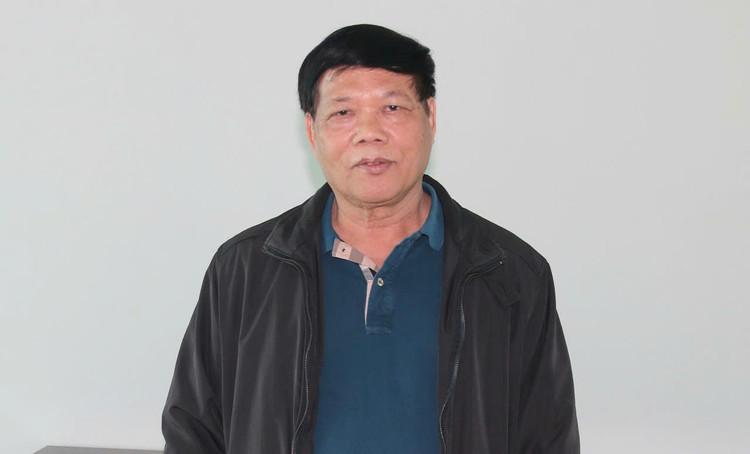
During his 10 years as Director of the Institute (2004–2014), he created a standard research environment, encouraging the younger generation to enter this field, which is considered “difficult to get out of”. “We are not just people counting birds and measuring trees. We are people who guide the ecological future of the country,” he shared.
Pioneer in integrating conservation into development strategy
As Vietnam faces pressure from rapid economic development, biodiversity conservation has become a major challenge. Associate Professor Dr. Le Xuan Canh, former Director of the Institute of Ecology and Biological Resources, has played a pioneering role in integrating biodiversity conservation into national development strategies.
He said that in the past, biodiversity impact assessment in environmental impact assessment (EIA) reports had not received due attention. However, with the promulgation of the revised Law on Biodiversity in 2018, biodiversity conservation and development has been given top priority, becoming an indispensable part of EIA.
To effectively carry out biodiversity impact assessment, it is necessary to issue detailed technical guidelines, develop a national biodiversity index and specific regulations on public consultation. He proposed to open training courses related to biodiversity impact assessment, guide the approach and steps to integrate biodiversity impact assessment into EIA.
A typical example of the success of integrating conservation into development is the Binh Phuoc – Long Thanh road project. When this project was proposed to pass through the biosphere reserve, experts, including Associate Professor Dr. Le Xuan Canh, objected and forced the investor to find a more feasible alternative.
The contributions of Associate Professor Dr. Le Xuan Canh not only raise awareness of the importance of biodiversity but also promote the development of policies and legal regulations to protect the environment in a sustainable manner. He is a shining example in combining science and policy to move towards a future of development in harmony with nature.
Preserving the ecosystem is like preserving the national soul
Associate Professor Dr. Le Xuan Canh affirmed that Vietnam is proud to be one of the world's leading centers of biodiversity. "We possess an extremely valuable treasure trove of species, from terrestrial ecosystems, wetlands to the ocean," he said.
According to Associate Professor Dr. Le Xuan Canh, this richness is reflected in 9 main forest ecosystems, 26 wetland ecosystems and about 20 marine and coastal ecosystems. The number of living species is estimated at 62,600, of which marine life alone has more than 11,000 species. The genetic resources of native crops and livestock are also extremely unique with thousands of rice varieties and hundreds of medicinal plant species. "According to some international documents, Vietnam ranks about 15-16 in the world in terms of biodiversity," he emphasized.
However, along with that wealth comes an alarming reality. Vietnam is considered a "hot spot" of biodiversity, which has both positive implications in terms of abundance and negative implications in terms of the risk of loss.
Associate Professor Dr. Le Xuan Canh believes that conservation is not only about preserving the beauty of nature but also about preserving the cultural soul and long-term livelihood for the Vietnamese people. His research always puts people at the center of ecology: from the Ca Mau mangrove forest to the Ha Giang limestone mountain range, he emphasizes the inseparable connection between nature - culture - development.
“When the last person leaves the village, not only the culture but also nature declines. Preserving biodiversity means preserving traditional livelihood communities and the living memory of the country,” he shared.
The "incubator" for the next generation of scientists
Not only a scientist, Associate Professor Dr. Le Xuan Canh is also respected by colleagues and students as a dedicated teacher. Under his leadership, the Institute of Ecology and Biological Resources has not only become a leading research institution but also a leading training center in the field of conservation.
He always paid attention to building a team of successors. Many of his students later became key staff of national research programs, lecturers at major universities such as the University of Natural Sciences, the University of Forestry, or representatives of Vietnam in international conservation organizations.
Although retired, Associate Professor Dr. Le Xuan Canh still actively participates in scientific councils, is a member of the Executive Committee of the Vietnam Association for Conservation of Nature and Environment, and continues to write books and criticize policies - all in the spirit of "serving nature as serving the fatherland".
According to Associate Professor Dr. Le Xuan Canh, the Vietnam Union of Science and Technology Associations (VUSTA) plays an extremely important and essential role in biodiversity conservation in Vietnam. He emphasized that conservation is not only the responsibility of state management agencies but also a common task of the whole society, and VUSTA is an important bridge to mobilize strength from the community and people - a key factor for success. With a wide network of activities, including state agencies, businesses and a large number of people, VUSTA is able to cooperate closely with management agencies in policy development and review, and effectively implement activities to raise public awareness. Moreover, VUSTA is also an important hub in international cooperation, helping to access valuable resources, experience and knowledge from outside. In summary, Associate Professor Dr. Le Xuan Canh considers the Vietnam Union of Science and Technology Associations as a core force, capable of connecting and promoting the combined strength of the whole society to face challenges and effectively carry out the mission of biodiversity conservation.
Source: https://khoahocdoisong.vn/pgsts-le-xuan-canh-nguoi-dat-nen-cho-bao-ton-da-dang-bi-hoc-viet-nam-post1544082.html


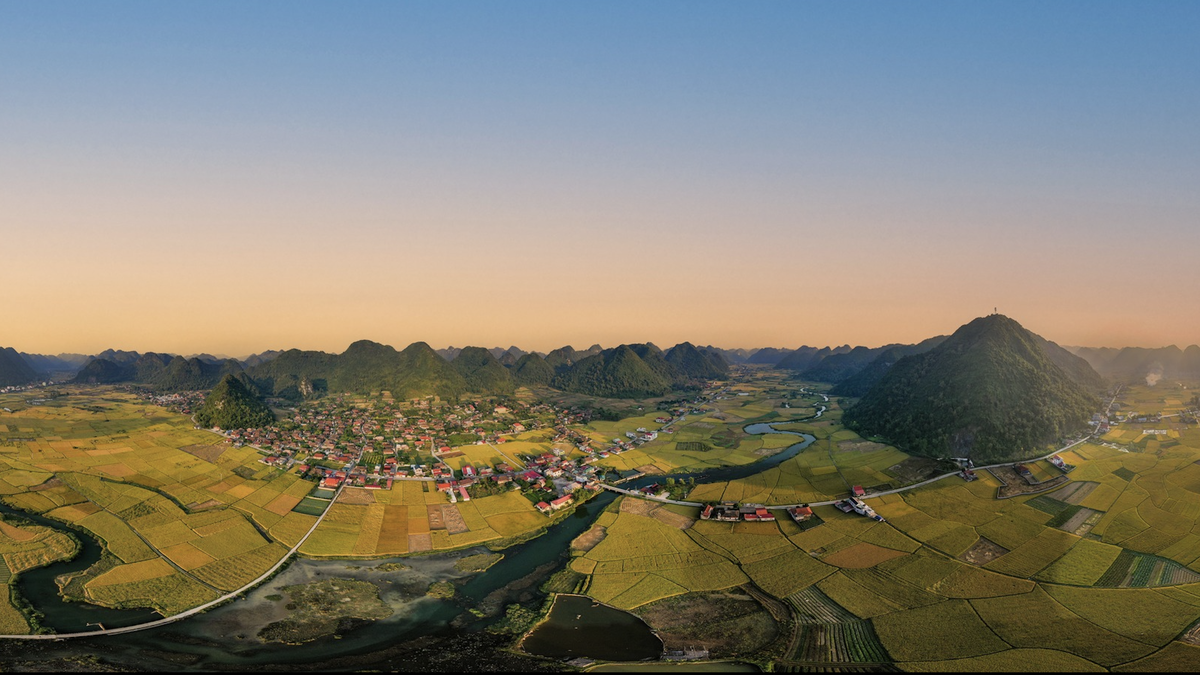
![[Photo] Nhan Dan Newspaper displays and solicits comments on the Draft Documents of the 14th National Party Congress](https://vphoto.vietnam.vn/thumb/1200x675/vietnam/resource/IMAGE/2025/10/26/1761470328996_ndo_br_bao-long-171-8916-jpg.webp)


![[Photo] General Secretary To Lam received the delegation attending the international conference on Vietnam studies](https://vphoto.vietnam.vn/thumb/1200x675/vietnam/resource/IMAGE/2025/10/26/1761456527874_a1-bnd-5260-7947-jpg.webp)
![[Photo] Enjoy the Liuyang Fireworks Festival in Hunan, China](https://vphoto.vietnam.vn/thumb/1200x675/vietnam/resource/IMAGE/2025/10/26/1761463428882_ndo_br_02-1-my-1-jpg.webp)


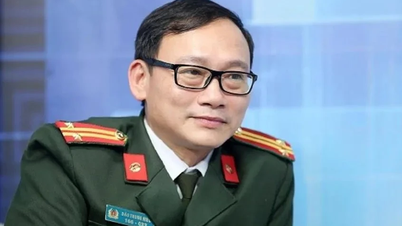
















![[Photo] Prime Minister Pham Minh Chinh attends the opening of the 47th ASEAN Summit](https://vphoto.vietnam.vn/thumb/1200x675/vietnam/resource/IMAGE/2025/10/26/1761452925332_c2a-jpg.webp)





































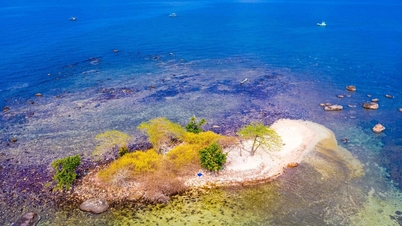

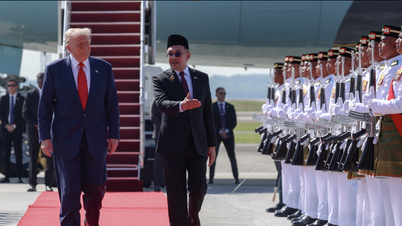

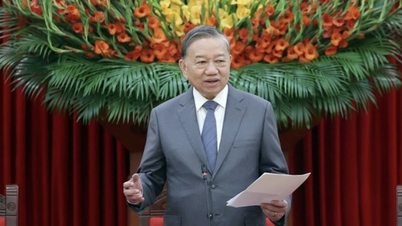



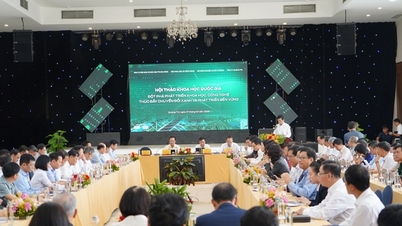

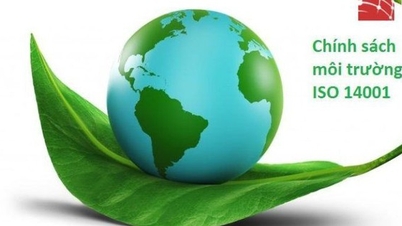
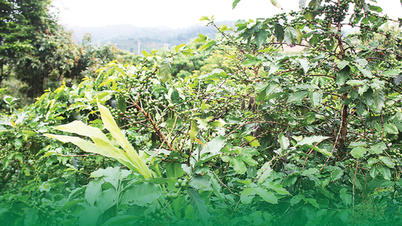
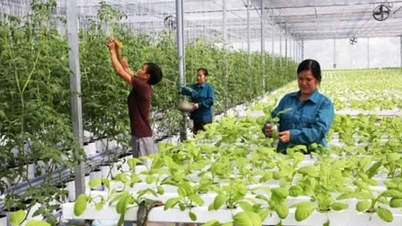
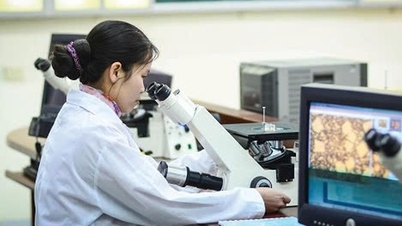
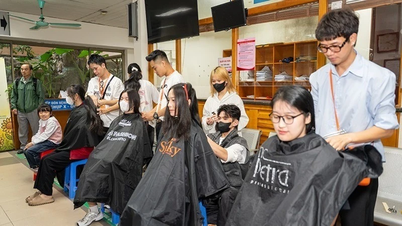

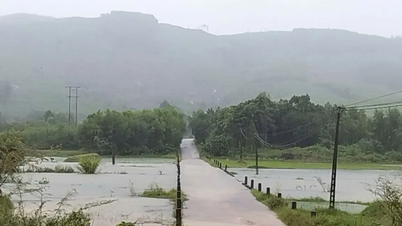
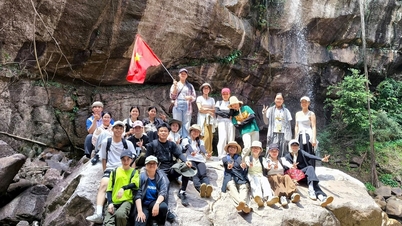

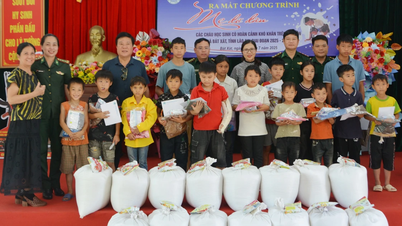
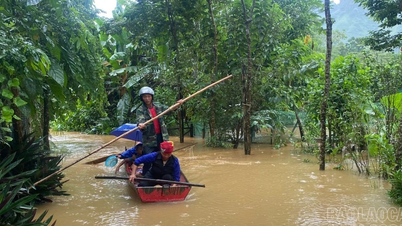
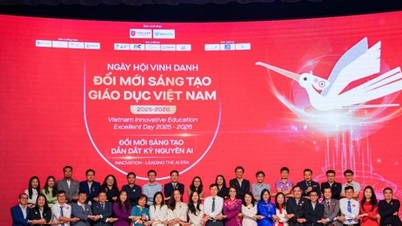












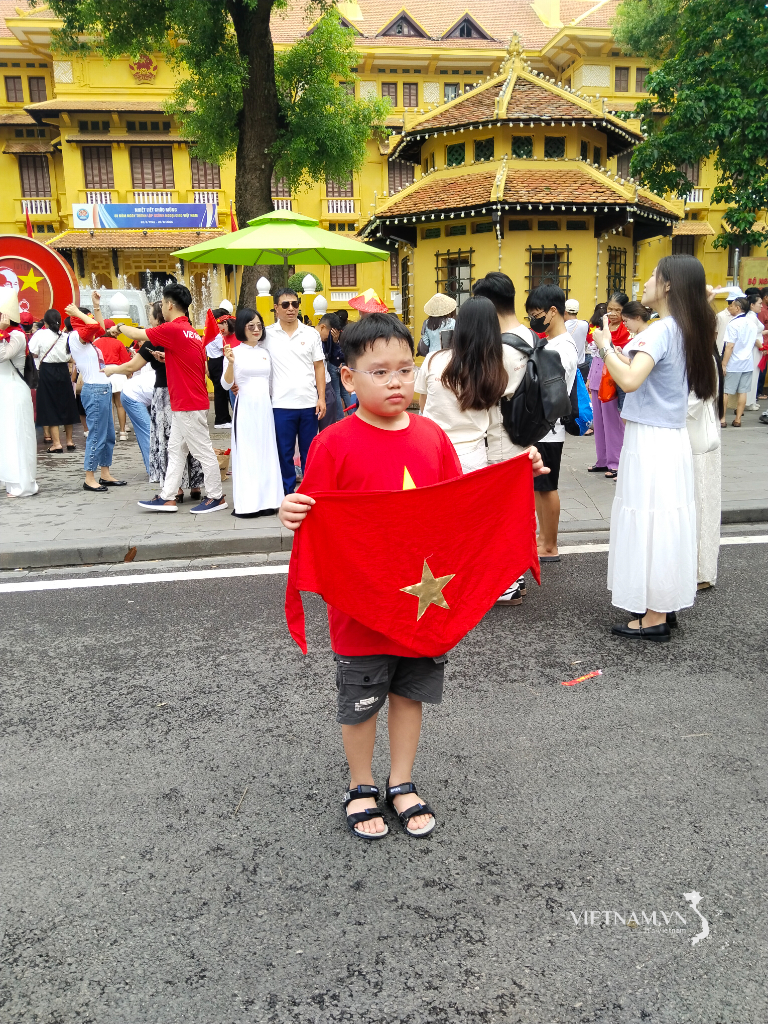



Comment (0)